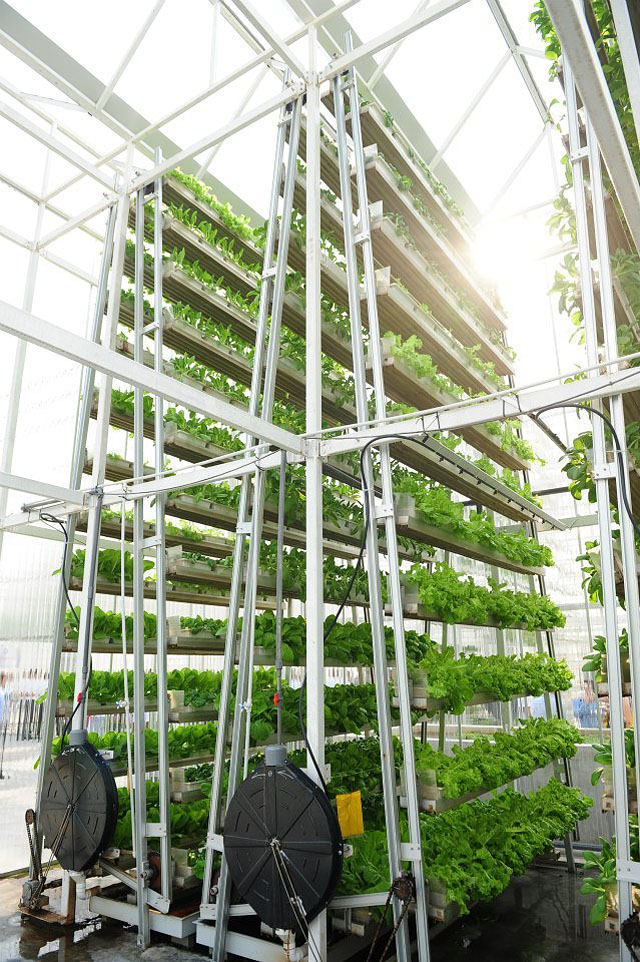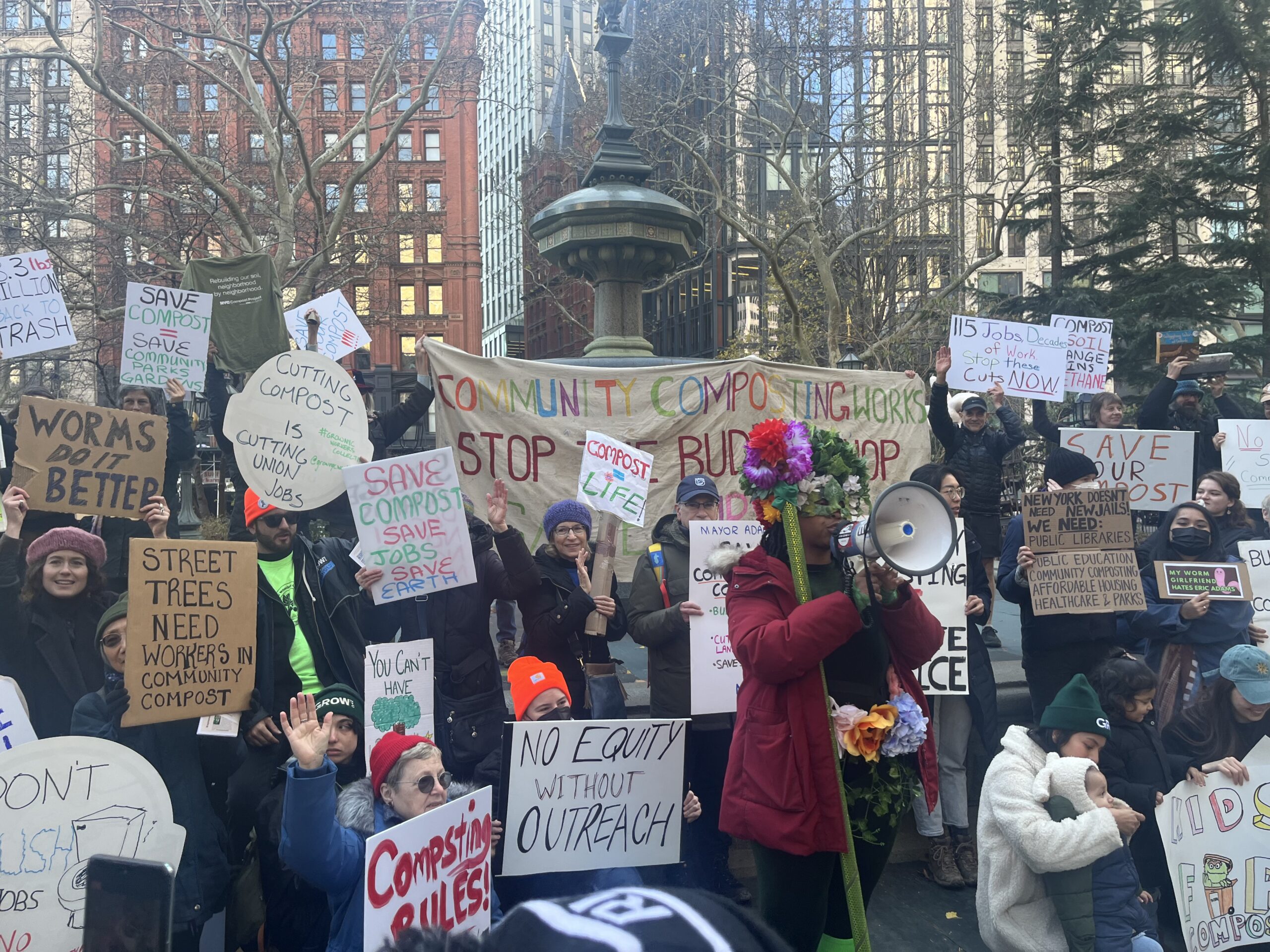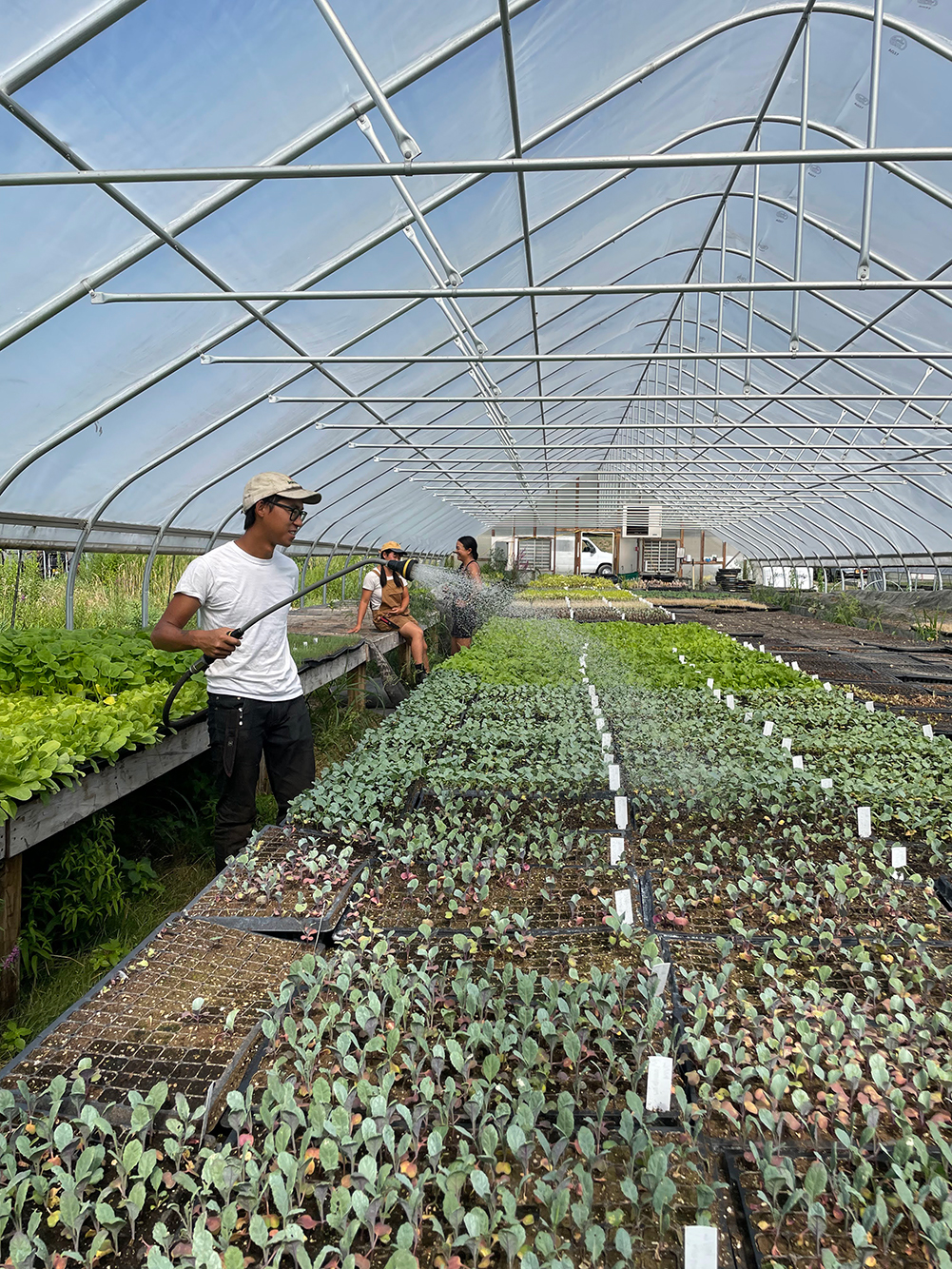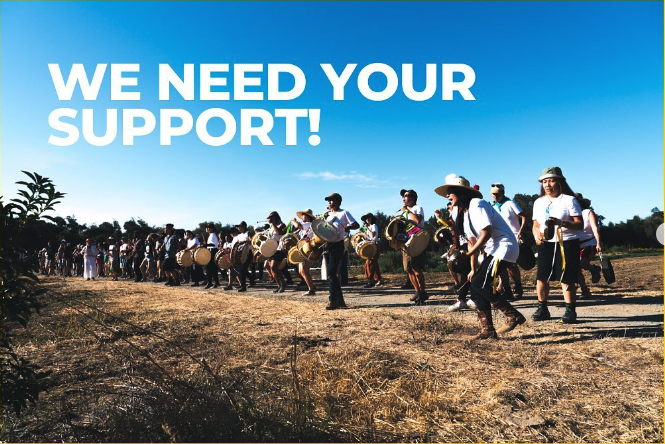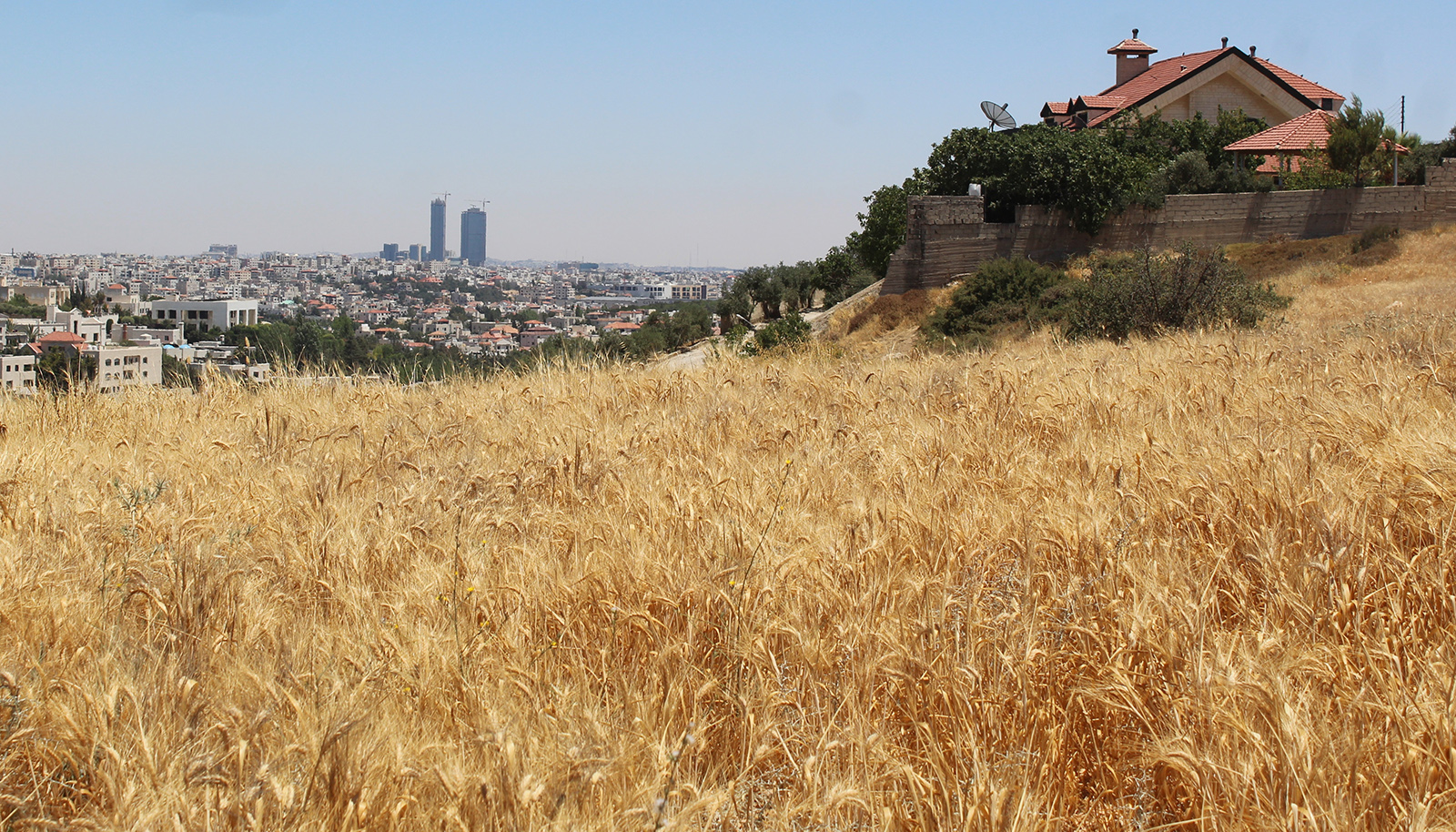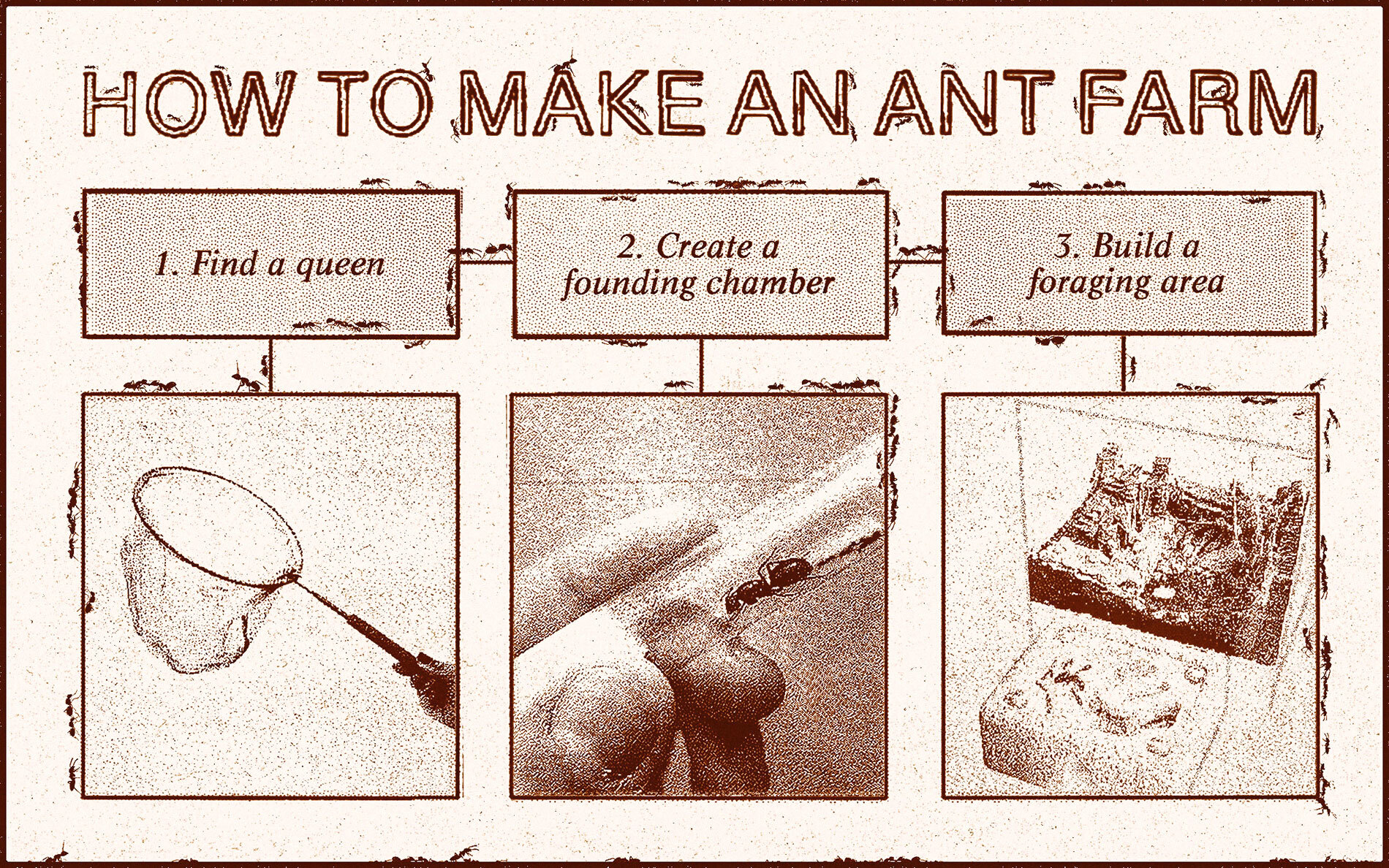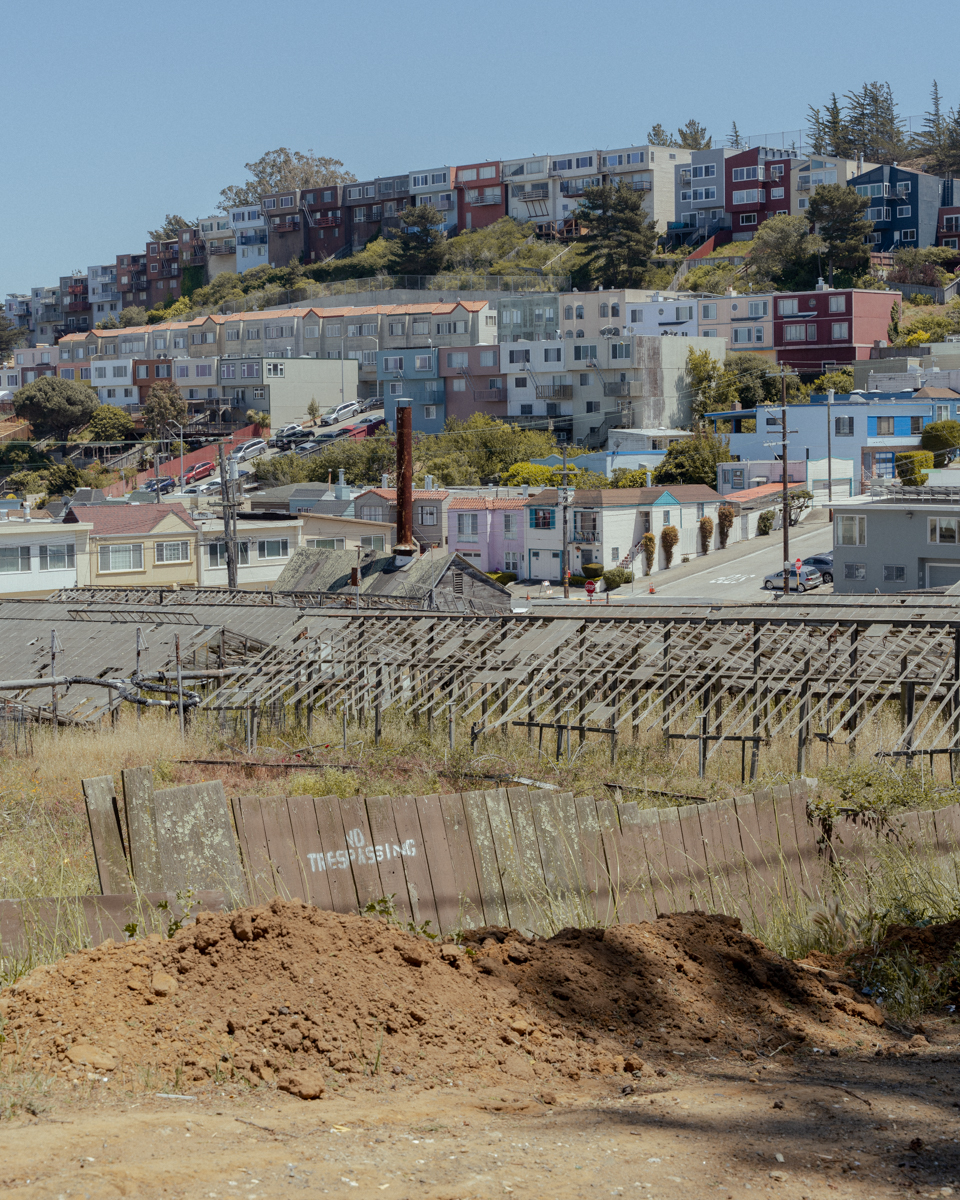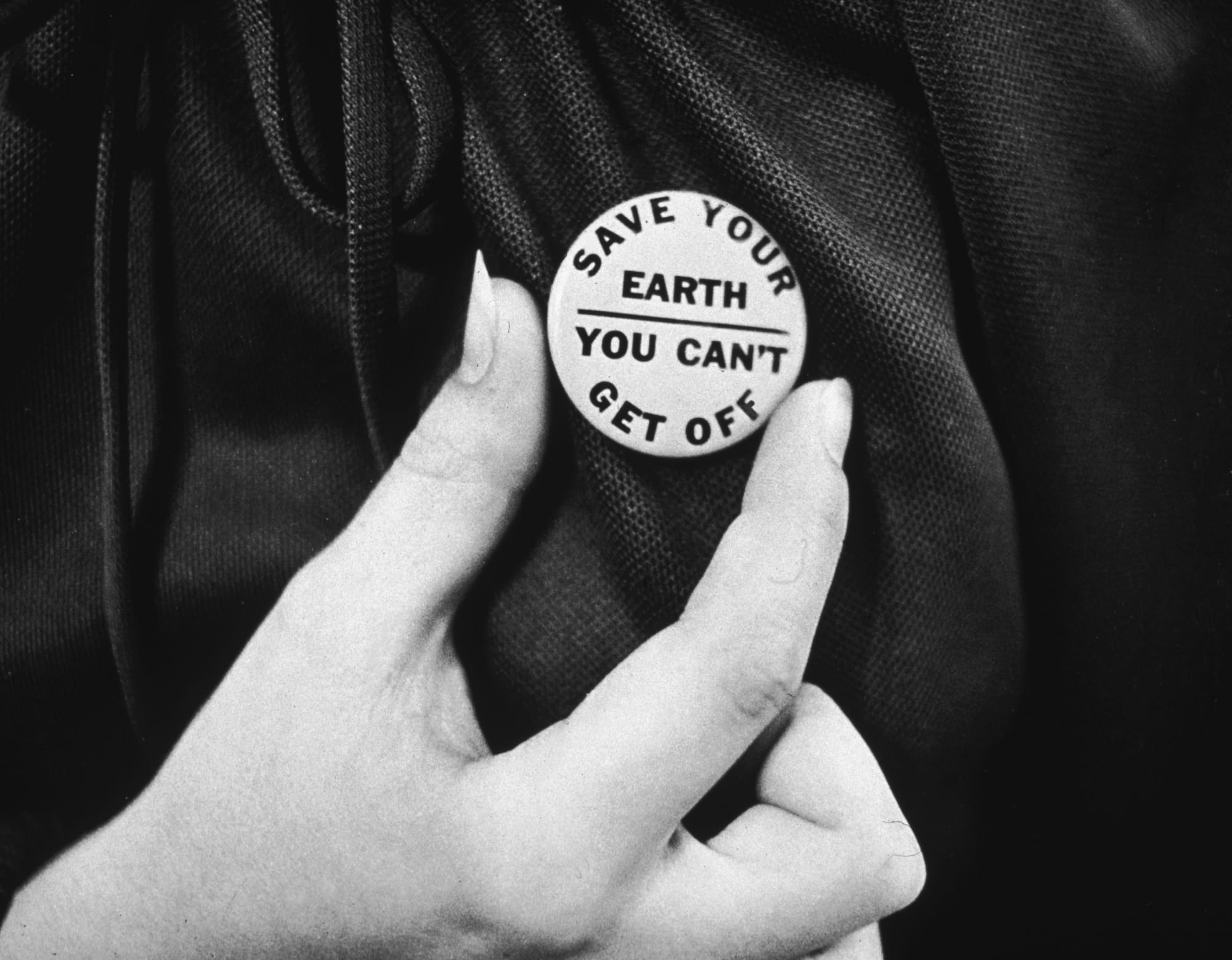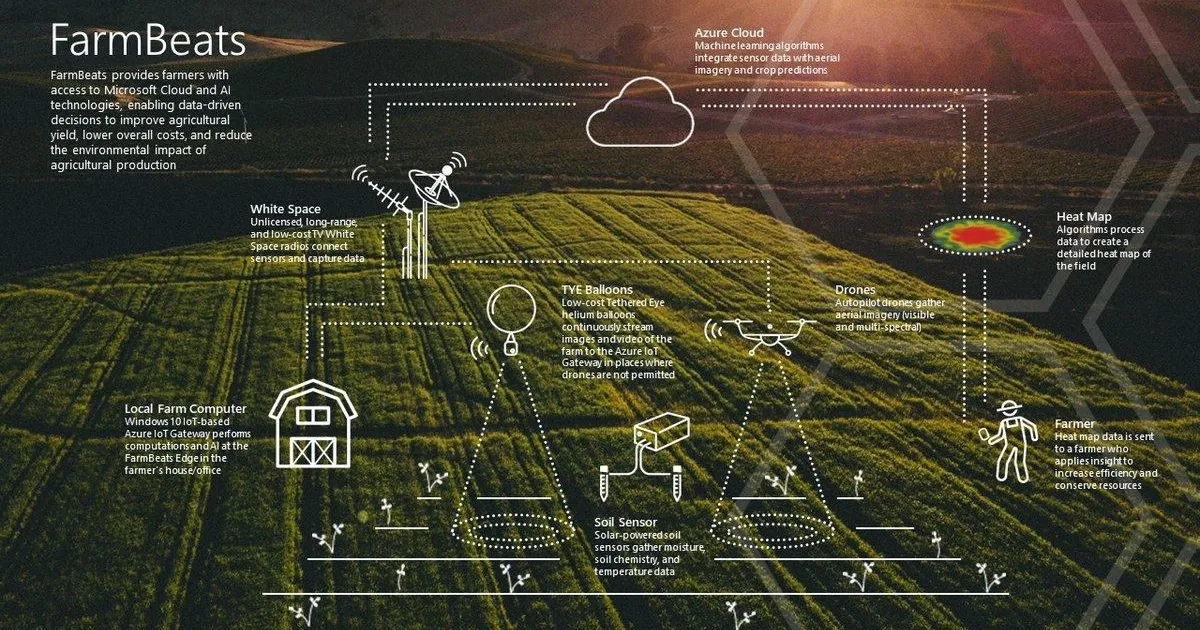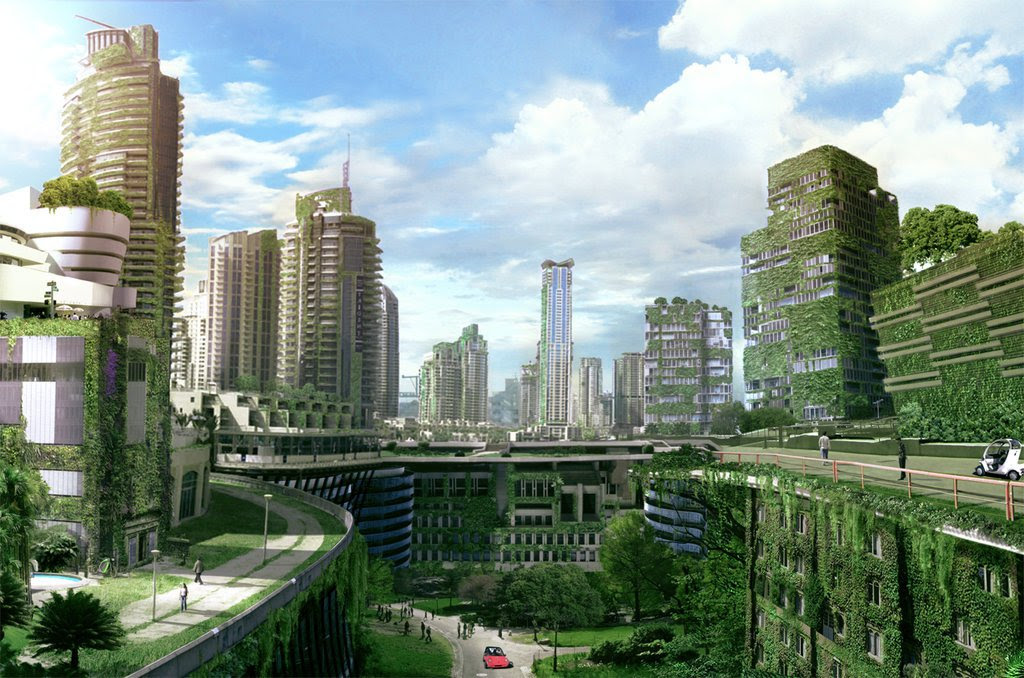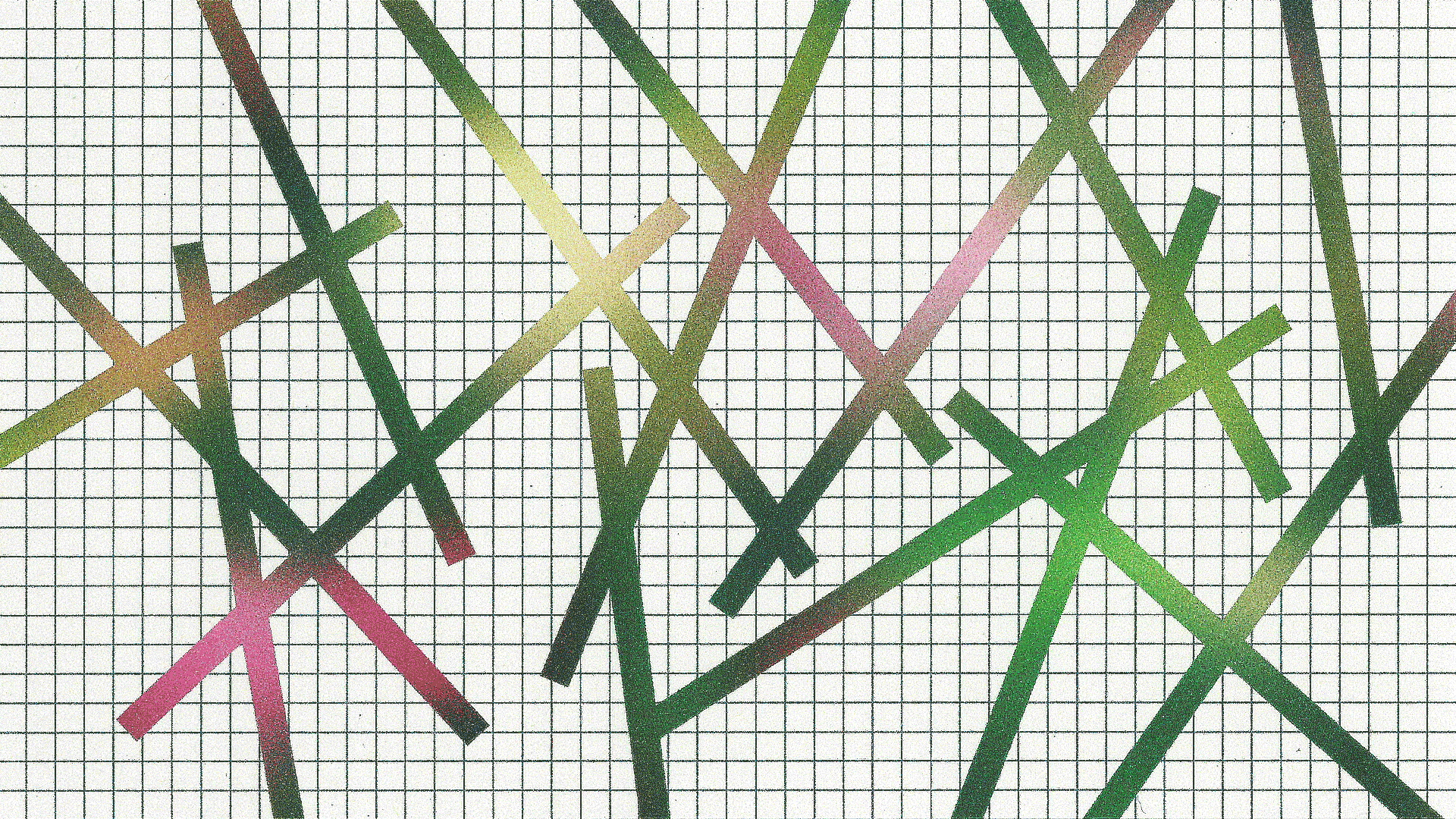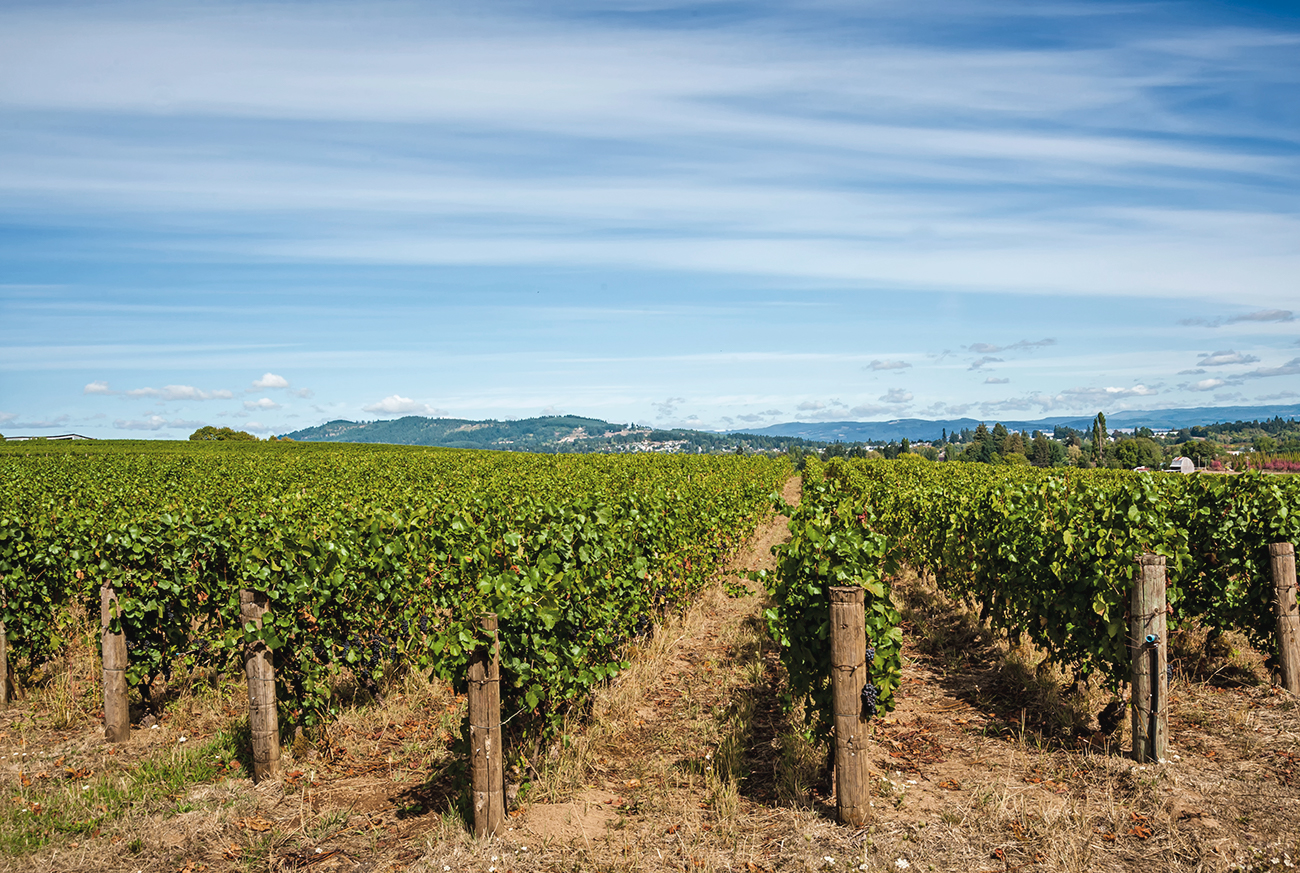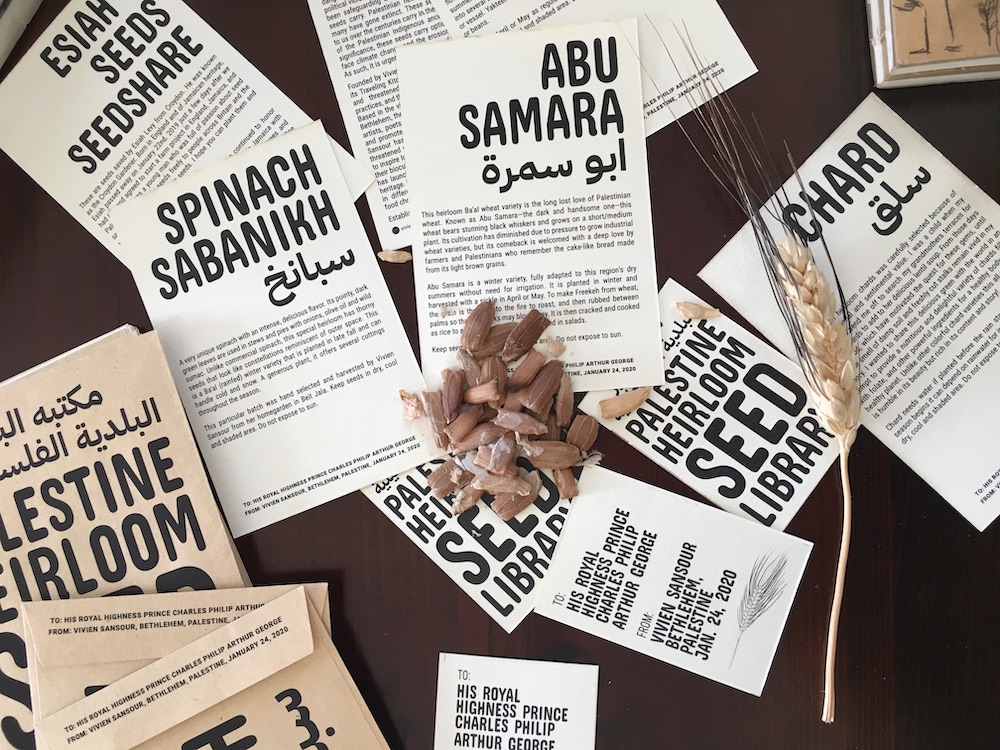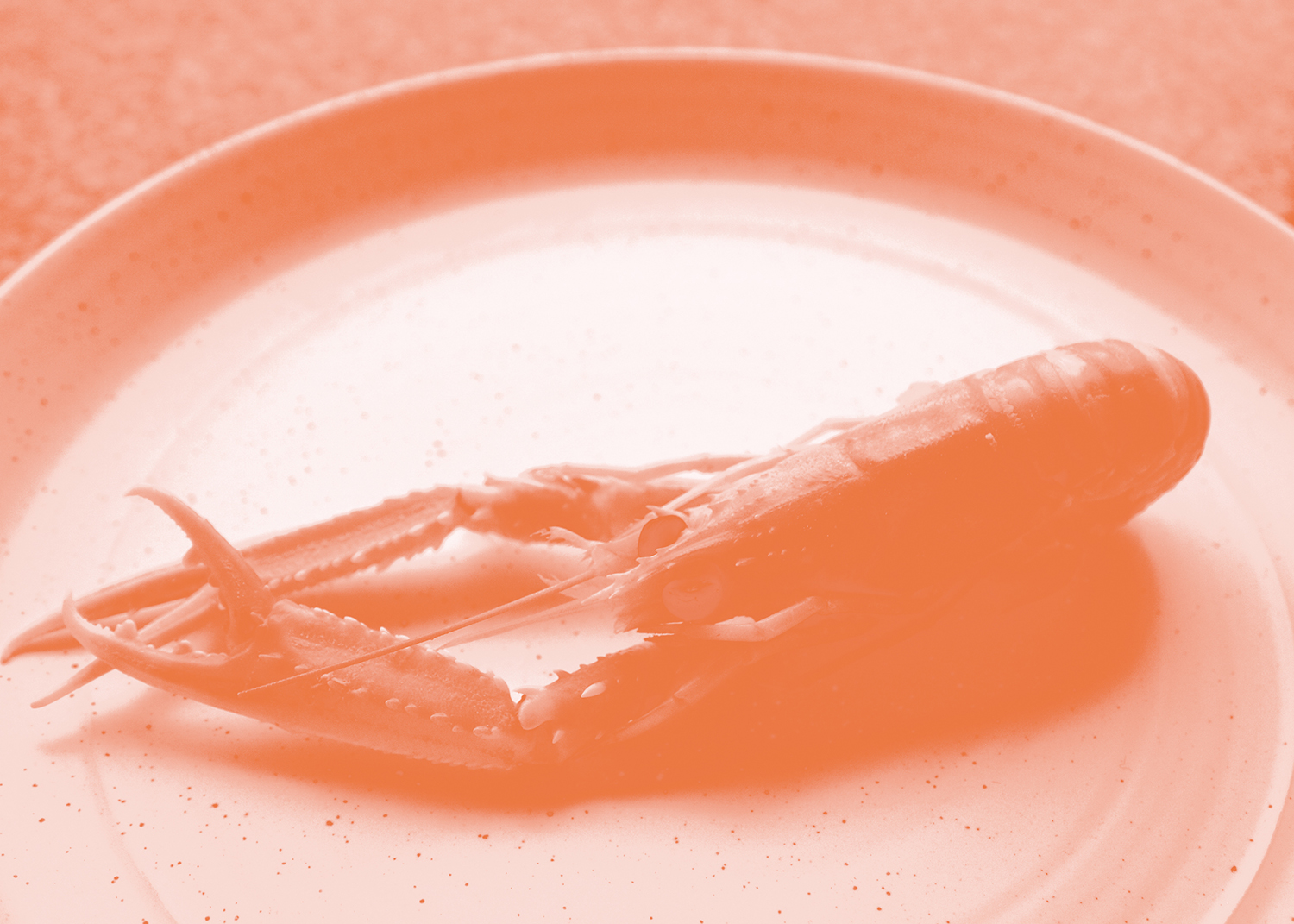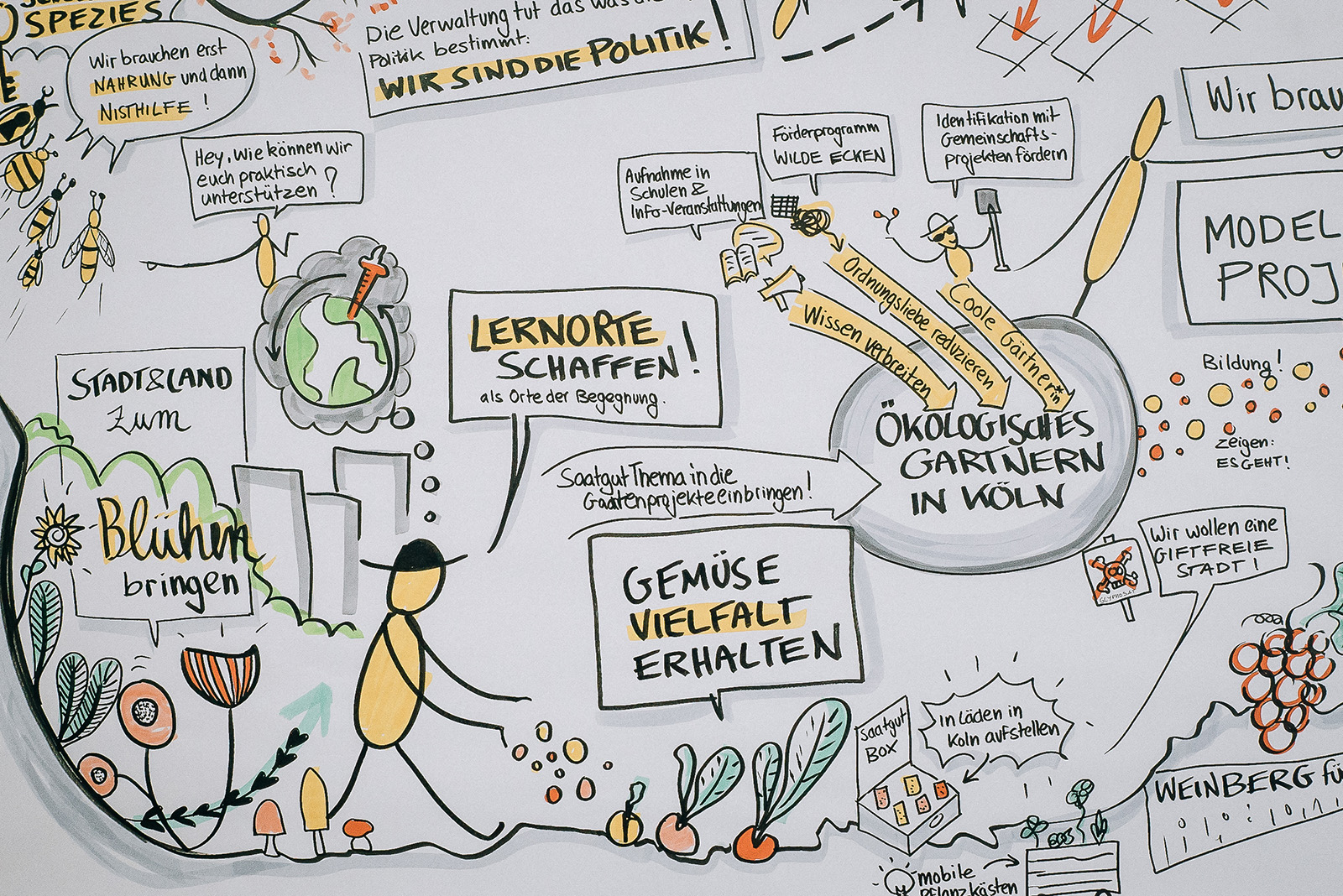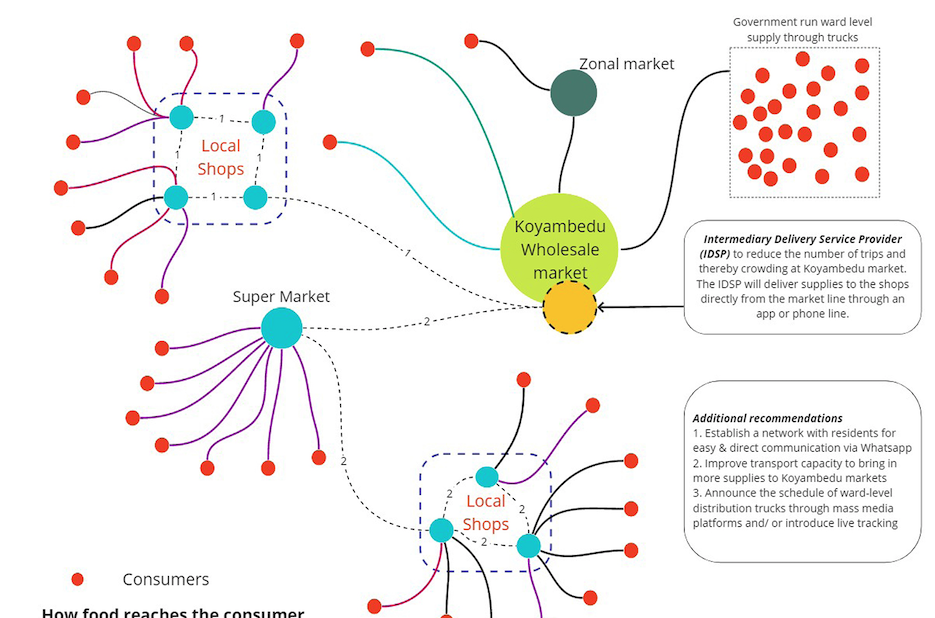The heart of MOLD is the idea that design has a critical role to play in addressing the challenges of our food futures. From food production to packaging, defining what we eat and how we eat it, the role of design has the transformative power to innovate around the elements of a sustainable and desirable plate. Over the past decade the INDEX: Award has honored design projects from around the world that have offered sustainable solutions to global design problems. Spanning the categories of Work, Body, Play & Learning and Community, this year’s winners and finalists included a number of potentially revolutionary food design projects:
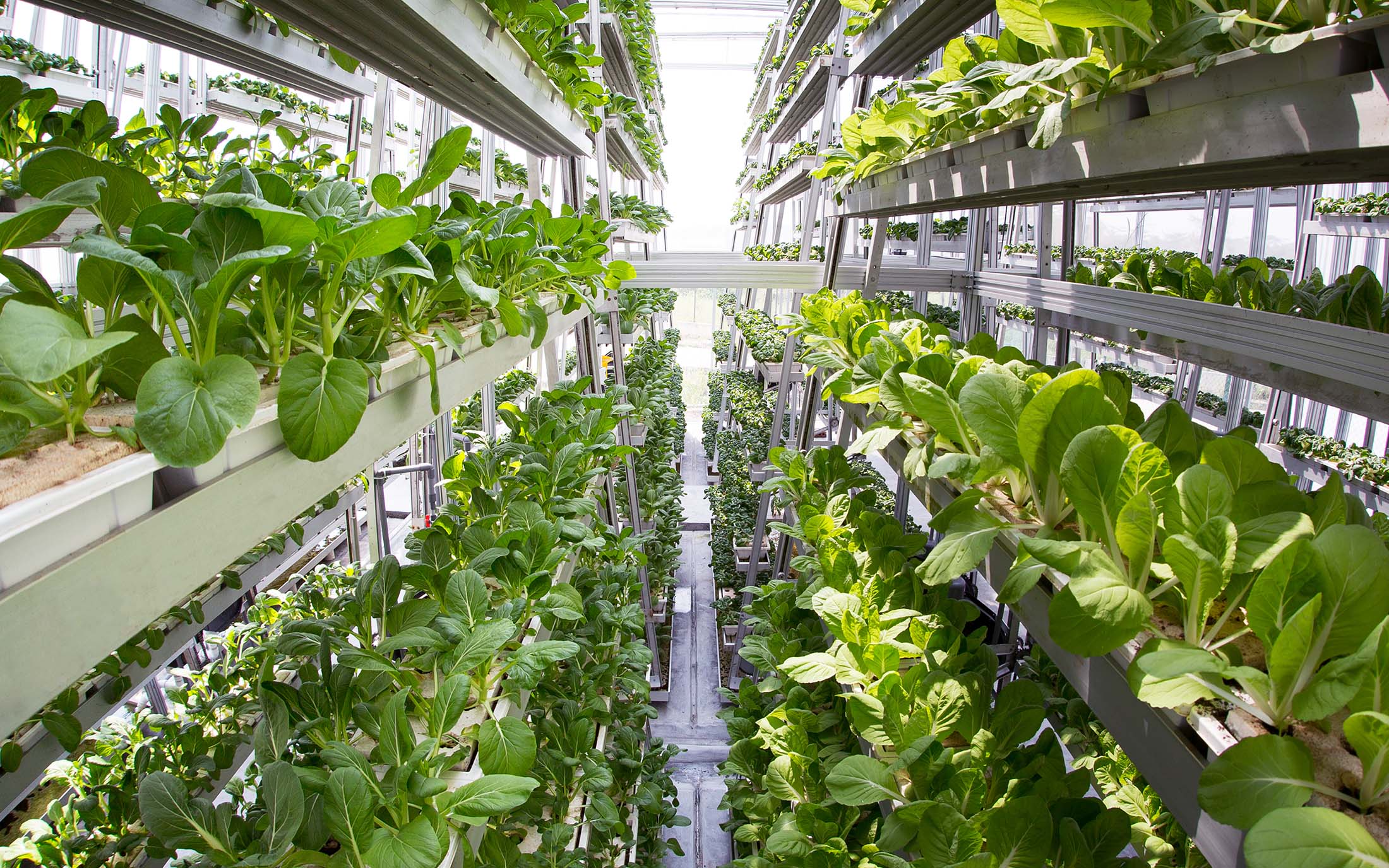
WINNER: Sky Urban Vertical Farming System
The world’s first low carbon, hydraulic vertical farm, Singapore-based Sky Greens was founded in 2009 with a vision to achieve higher yields per land area unit through innovating on the vertical farm. In land scarce and dense urban environments, the need for high efficiency food production is becoming more important. Case in point, currently Singapore imports over 93% of its fresh produce. The introduction of high-yield, local produce production has the potential to revolutionize food systems.
Using minimal land, water and energy resources, the Sky Urban Vertical Farming System is a hydraulic A-frame structure consisting of 38 shelves that slowly rotate throughout the day, allowing each shelf to receive sunlight while at the top and water while at the bottom. The 1.7-ton structures are installed in urban greenhouses and only require 0.5 litres of water a day. With the ability to produce year-round, the current farm is growing a range of Asian greens that are harvested on a 28-day cycle. Sky Greens produces at least 10 times more per land area unit that traditional monolayer farms at a cost of only 20 cents more per kilogram than their imported counterparts.
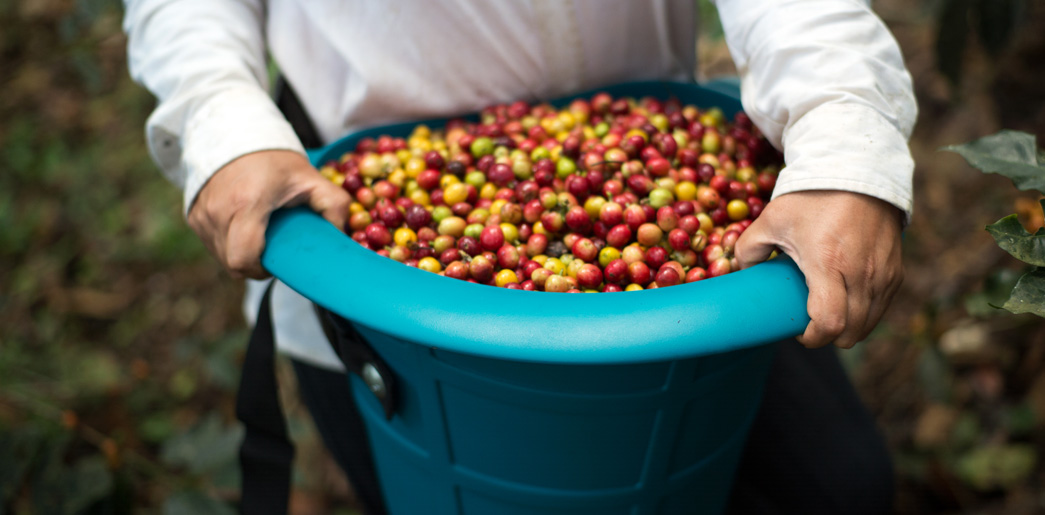
FINALIST: COCO BUCKET
As you sip your daily allowance of coffee, consider that person who picked the bean that ultimately ended up in your cup. With the world’s population consuming over 26,000 cups of coffee every second, we rarely think about the working conditions of coffee pickers. Coco, a project by young Colombian design student Gabriela Ravassa, is a complete ergonomic redesign of the existing coffee picking buckets known as sand bags—awkward containers that are hard to grip and can reach up to 170 pounds when full. The Coco features waist straps and a kidney belt to distribute the weight of the beans and an indent at the bottom that mimics the angle of walking legs, eliminating bruising.
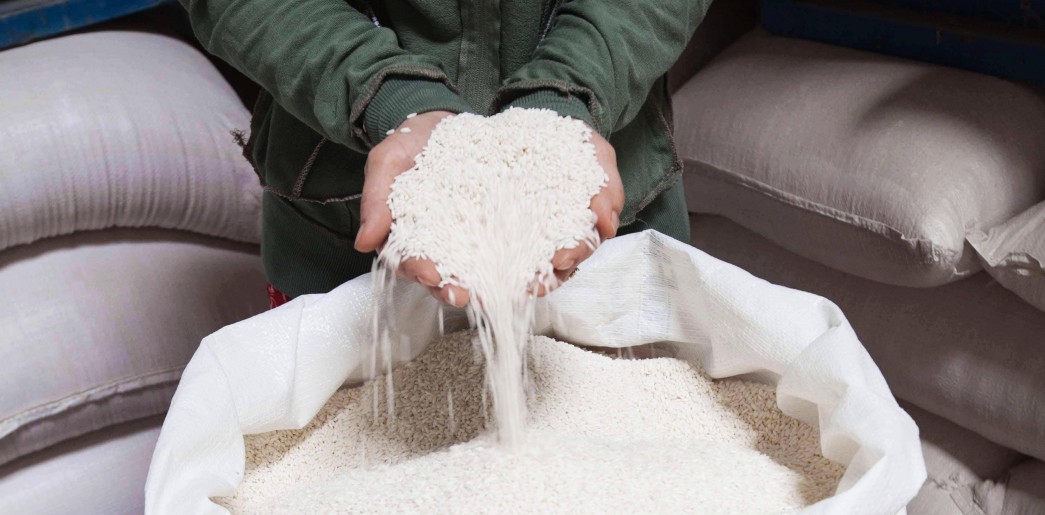
FINALIST: ZEROFLY STORAGE BAG
Nearly 40% of the food produced in the United States is lost in the post-harvest due to issues around transport, storage and wasteful practices amongst consumers and retailers. ZeroFly offers a straight-forward solution through material innovation—weaving a safe insecticide into a polypropylene bag protects seeds and grains from weevils, moths, bores and beetles. Using Deltamethrin as an active ingredient, the pesticide is approved by the Food and Agriculture Organization and the World Health Organization.
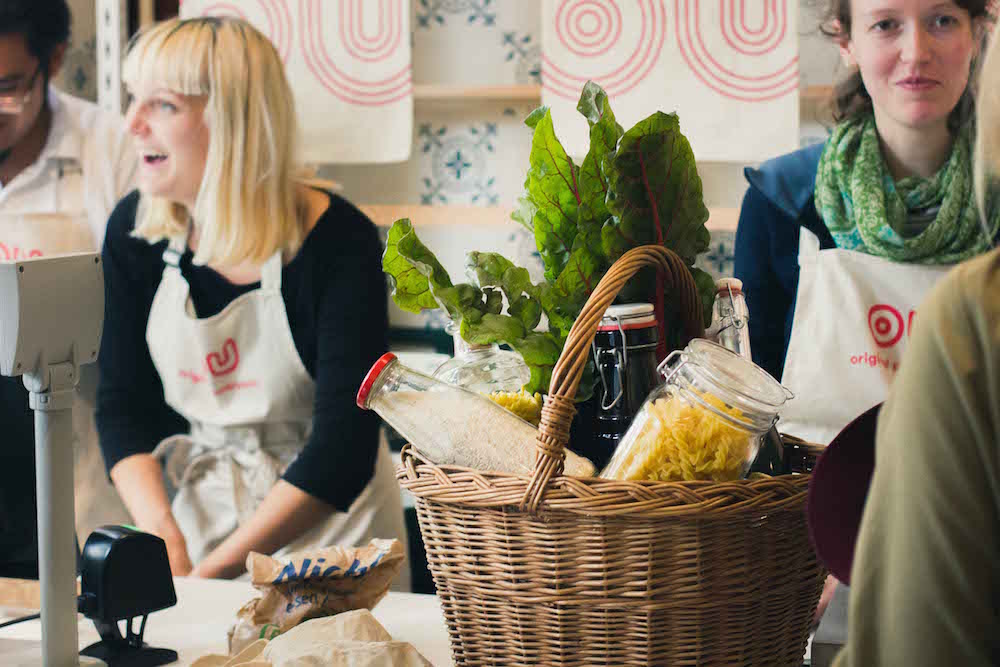
FINALIST: ORIGINAL UNVERPACKT
We wrote about Germany’s first zero-packaging grocery store and are thrilled to see the retailer honored in this year’s INDEX: Awards finalists. The grocer stocks over 600 items in their Berlin location—everything from familiar bulk items like grains and produce to more unconventional items like toothpaste pills and vodka—and encourages their customers to BYOP (bring your own packaging). In our interview with co-founder Sara Wolf, she shared that, “at the beginning many people where insecure about bringing their own containers. They only bought one or two goods and left again. But by now, most people seem to understand that it’s completely up to them how they want to design their grocery shopping. It really is a question of creativity and imagination. Now they don’t shy away from bringing old rum bottles for their chia seeds or Pringle boxes for the spaghetti. It’s really just about showing them how it can work and seeing other customers do it.”
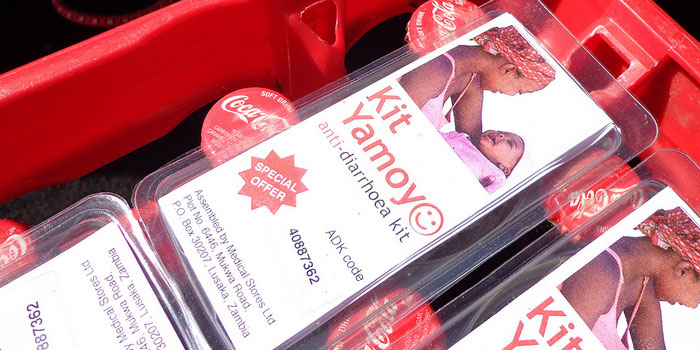
FINALIST: COLALIFE
Could Coca-Cola help save the world? Although the health risks of consuming sugary soft drinks have been well publicized, a small British charity is leveraging the extensive and powerful distribution networks of Coca-Cola and other commodity producers to deliver medicines and hygiene products to remote communities in the developing world. Their first product, Kit Yamoyo, targets pediatric diarrhea and includes oral rehydration salt sachets, pediatric zinc to strengthen child immune systems and soap to promote handwashing. The kit itself is designed to fit in full crates, in-between individual soda bottles, effectively piggy-backing off the distribution networks to arrive to the most isolated rural retailers where they are sold alongside other daily goods.
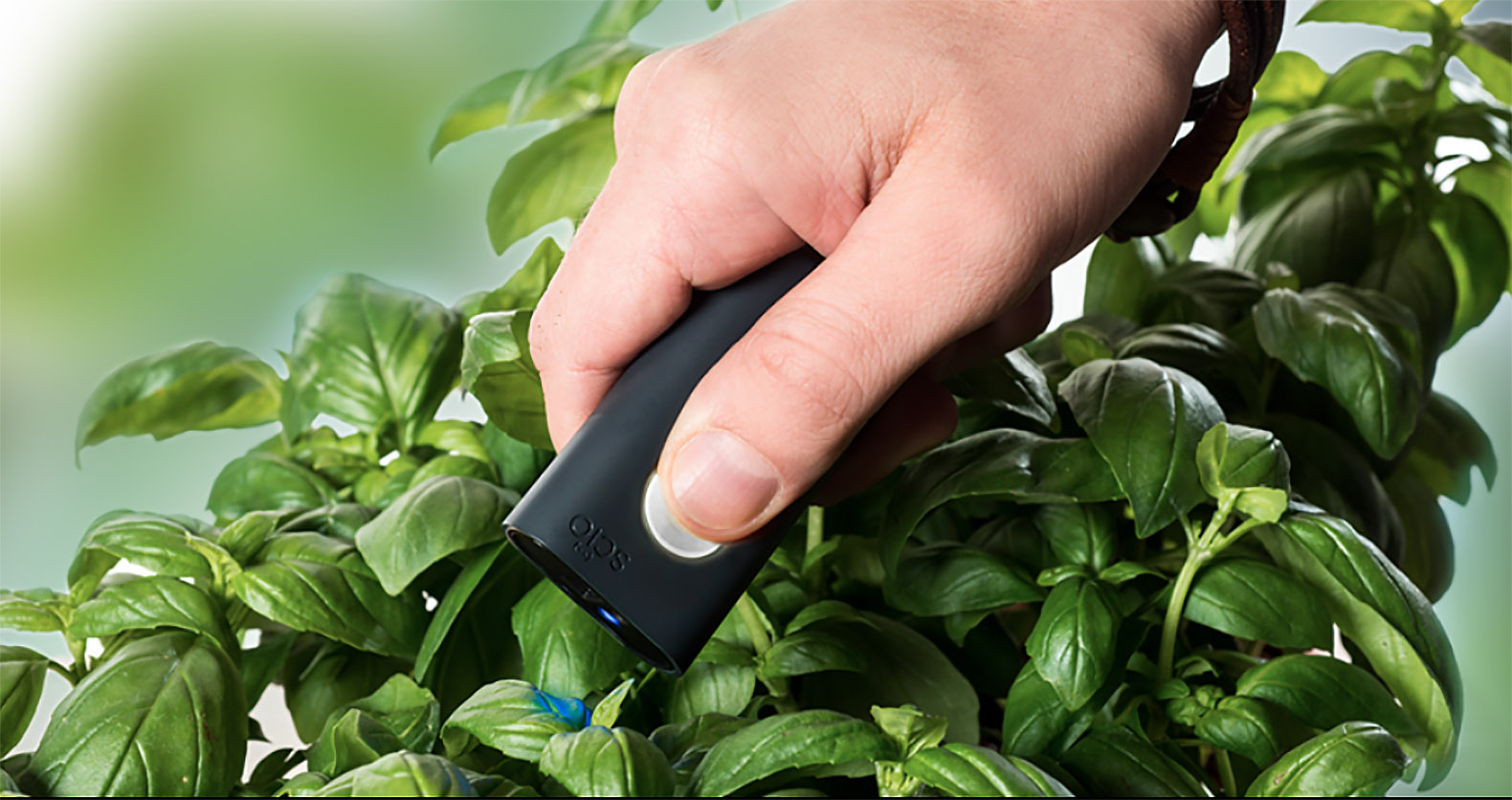
FINALIST: SCiO SCANNER
Designers and technologists have heralded the potential for quantifying everything from our groceries to our bodies. The SCiO scanner takes us one step closer to a consumer-propelled food education movement. This pocket-sized molecular sensor allows you to scan physical objects—everything from food, medicine and plants—and receive a selection of data through an app on your phone. Find out calories, sugar content and even food freshness while you contribute to the “world’s first database of matter.”
Learn more about this year’s INDEX: Awards winners and finalists at DesignToImproveLife.dk
